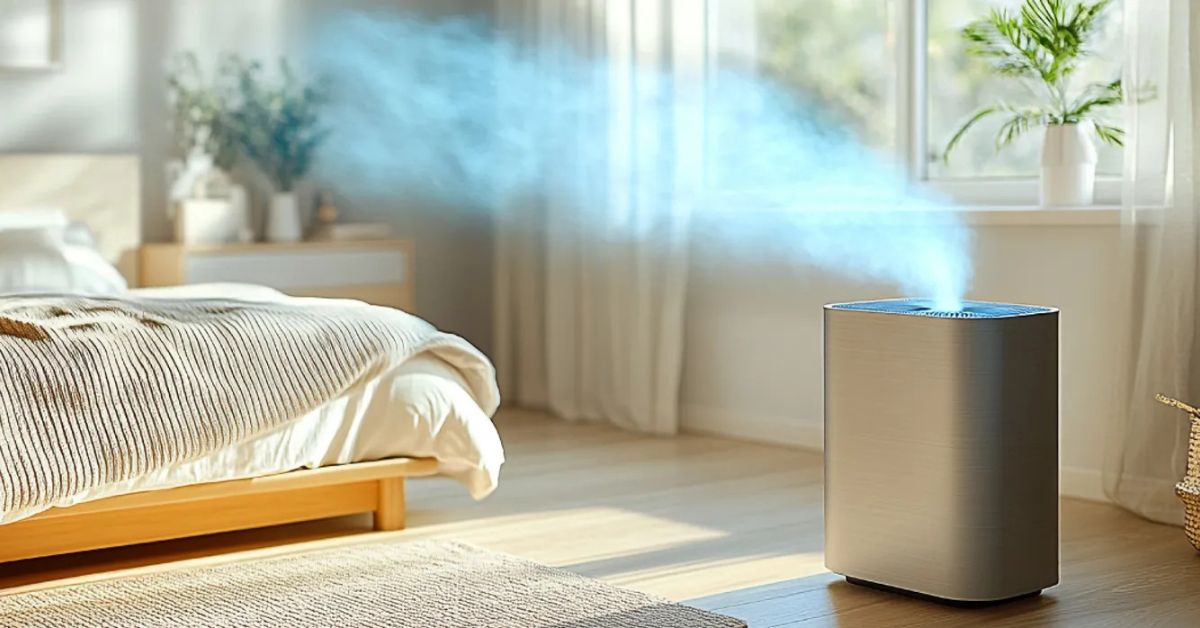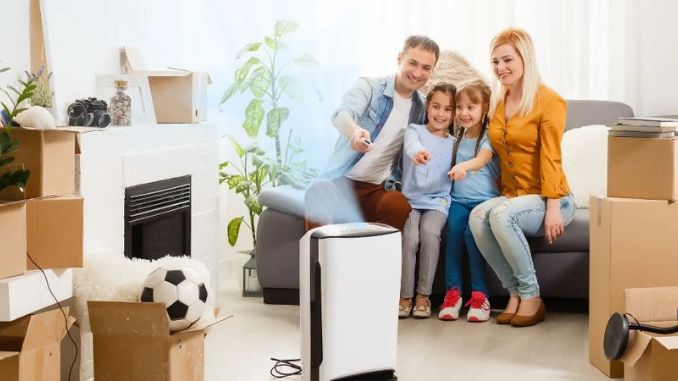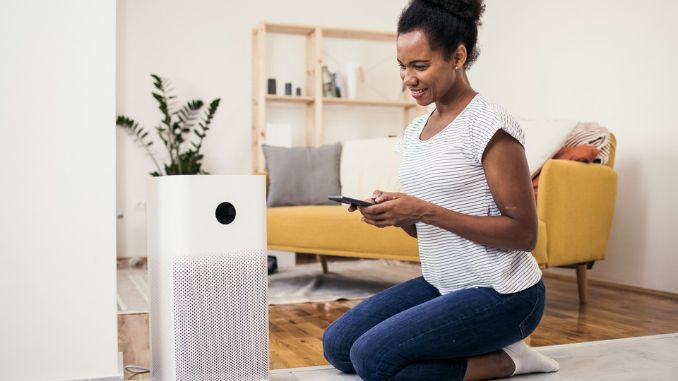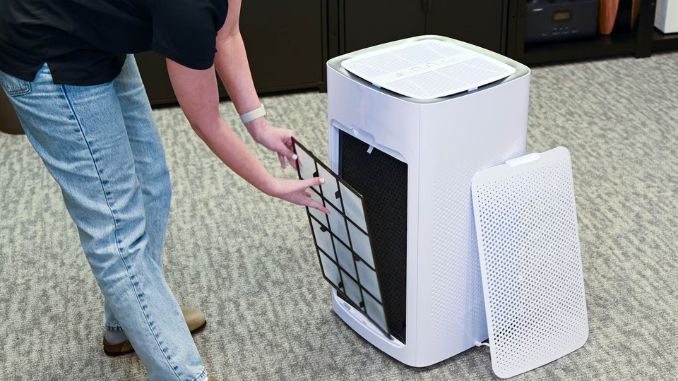The Importance of Air Purification in Your Home

Clean air isn’t just a comfort—it’s a necessity. In today’s world of pollution, allergens, and airborne pathogens, understanding the importance of air purification empowers you to breathe easier and live healthier. Let’s explore why investing in air purification is essential for every home.
Why Air Purification Matters More Than Ever
Indoor air can be up to 5 times more polluted than outdoor air, due to trapped allergens, dust, pet dander, VOCs, and even viruses.
According to the U.S. Environmental Protection Agency (EPA), poor indoor air quality can increase health risks, especially for children, the elderly, and those with respiratory conditions. That’s why the importance of air purification in homes cannot be overstated. By filtering and neutralizing contaminants, air purifiers protect your lungs and enhance overall well-being.
Key Benefits You Should Know
- Reduces allergy and asthma triggers like pollen, mold spores, and pet hair
- Eliminates household odors and VOCs from cooking, cleaning products, paint, and furniture
- Traps ultra-fine particles, including bacteria and viruses, for cleaner, safer air
- Improves sleep and cognitive function by reducing nighttime irritants and stale air
- Supports HVAC longevity, lessening maintenance and boosting energy efficiency
If you’re wondering how important is air purification for allergy sufferers, the answer is clear: it can dramatically reduce symptoms and enhance day-to-day comfort.
How Air Purifiers Work?
Most effective air purifiers feature:
- True HEPA filters, capturing particles down to 0.3 microns, including smog and pollen
- Activated carbon layers to absorb VOCs, smoke, and odors
- UV-C or ionization modules (in advanced models) to neutralize germs and pathogens
- Smart sensors and variable fan settings that adapt to real-time air quality for efficient performance
Choose the Right System for Your Needs
When shopping, focus on:
- Coverage area (CADR rating)—choose a purifier rated for your room’s size
- Filter replacement cost—HEPA and carbon filters need regular swapping
- Noise level—especially if using in bedrooms or offices
- Energy efficiency—look for ENERGY STAR ratings
- Advanced tech features, like HEPA-14 or bipolar ionization, for extra purification power
These factors ensure you’re selecting the best home air purification system for your unique situation.
Real-Life Applications & Value
- Families with children or pets reduce sneezing, coughing, and constant dust
- Allergy sufferers experience relief from pollen and mold-triggered symptoms
- Urban dwellers in high-pollution areas see improvements in respiratory function
- People working from home enjoy better productivity and mental clarity
- Homes with smokers or heavy cooking odors stay fresher and healthier
Clearly, importance of air purification in reducing airborne health risks extends far beyond allergies.
Your Next Steps for Cleaner Air
- Choose a purifier sized appropriately for your rooms
- Replace filters as recommended to preserve performance
- Position units centrally and run continuously for best results
- Keep windows closed when pollution or allergens are high
- Combine air purification with ventilation and humidity control for peak air quality
By following these steps, you’ll maximize the importance of air purification in your home environment—leading to cleaner air, improved health, and better quality of life.
Final Thoughts
Air purification is no longer optional—it’s essential. Whether you’re combating seasonal allergies, urban pollution, or just want fresher air, investing in a quality air purifier delivers benefits you can breathe in every day.
Ready to experience the benefits of cleaner, healthier air? Explore our air purification solutions designed for every space—big or small. Breathe better, live better.
Contact our air experts today or visit our homepage to get started.
FAQ’s
What is an air purifier used for?
An air purifier is designed to clean indoor air by removing pollutants like dust, pollen, pet dander, smoke, mold spores, and even harmful gases (VOCs). Many models also help neutralize bacteria and viruses, making the air healthier to breathe.
What are the advantages and disadvantages of air purifiers?
The advantages include reducing allergy and asthma triggers, eliminating odors, and improving overall indoor air quality. Disadvantages can include filter replacement costs, electricity usage, and noise in some models. Choosing the right purifier for your space can minimize these drawbacks.
What are the benefits of having an air purifier in the bedroom?
Placing an air purifier in your bedroom helps remove nighttime irritants like dust mites, pollen, and pet dander, which can improve sleep quality. Cleaner air at night also reduces congestion, coughing, and allergy flare-ups, allowing for deeper, more restful sleep.
Are air purifiers a waste of money?
No—air purifiers are highly beneficial when chosen correctly for your space. Additionally, a quality purifier with a HEPA filter can trap up to 99.97% of airborne particles, helping people with allergies, asthma, or respiratory sensitivities breathe easier.
What is the best air purifier for home use?
The best air purifier depends on your needs. Look for a True HEPA filter for allergens, an activated carbon filter for odors and VOCs, and a CADR rating that matches your room size. For whole-home solutions, HVAC-integrated purification systems offer consistent clean air throughout your space.



